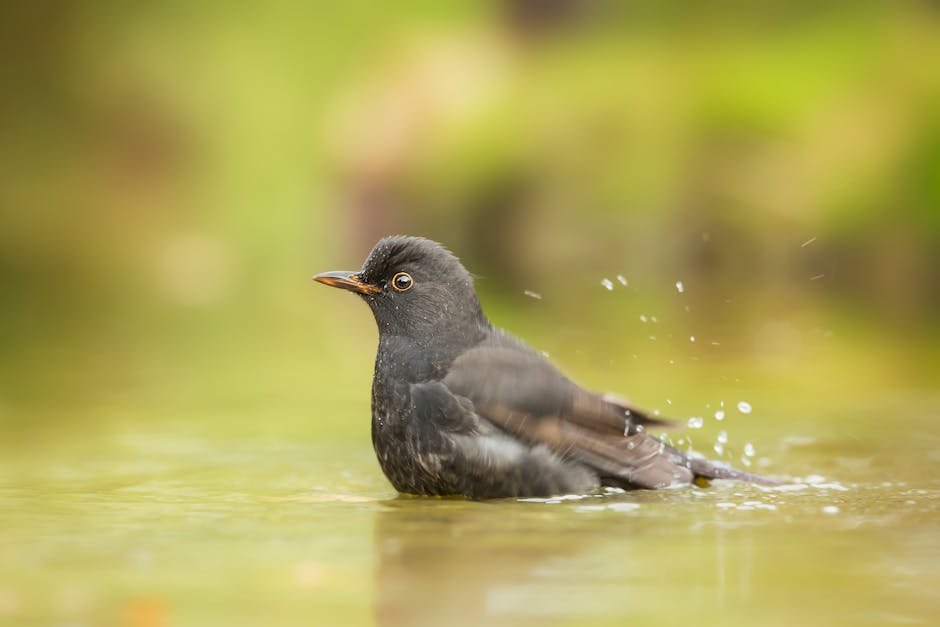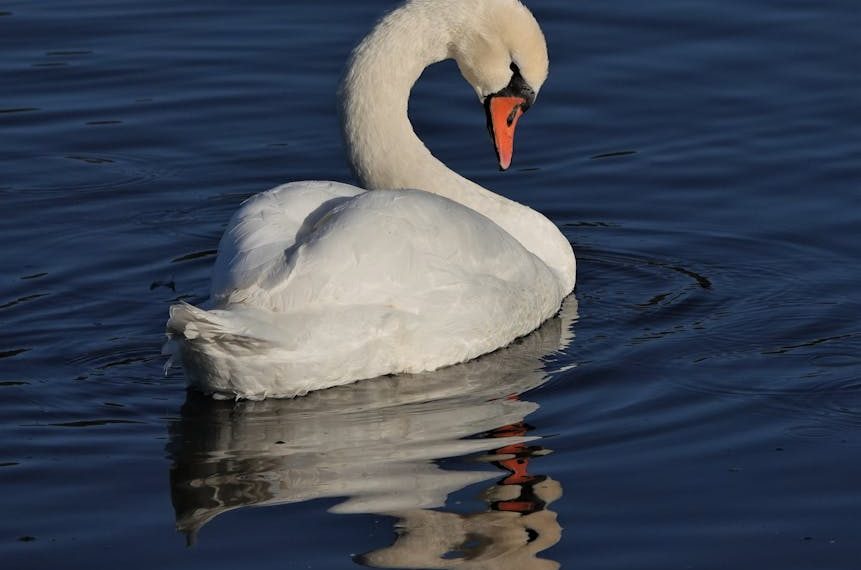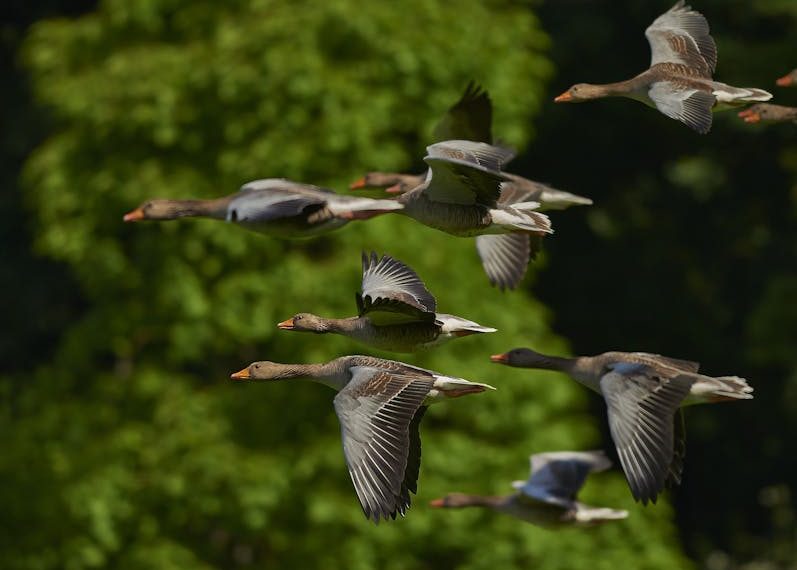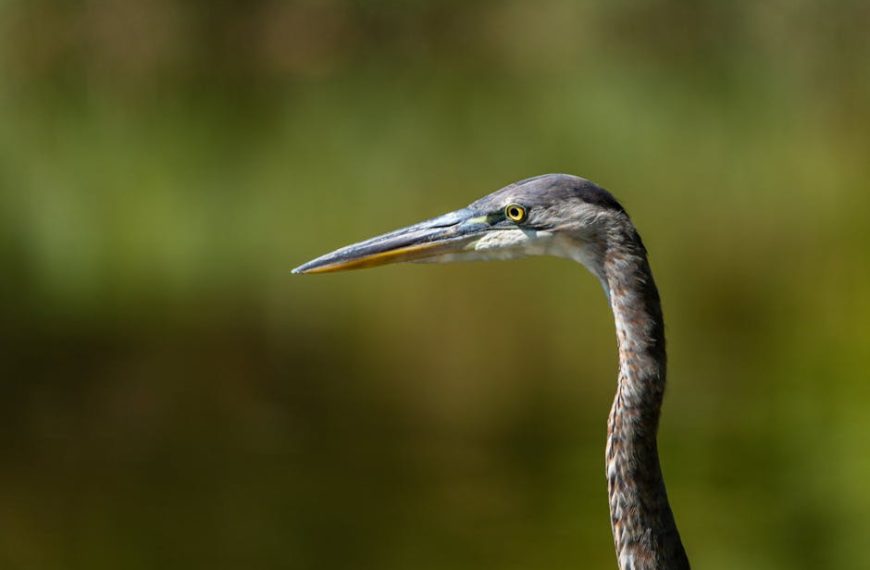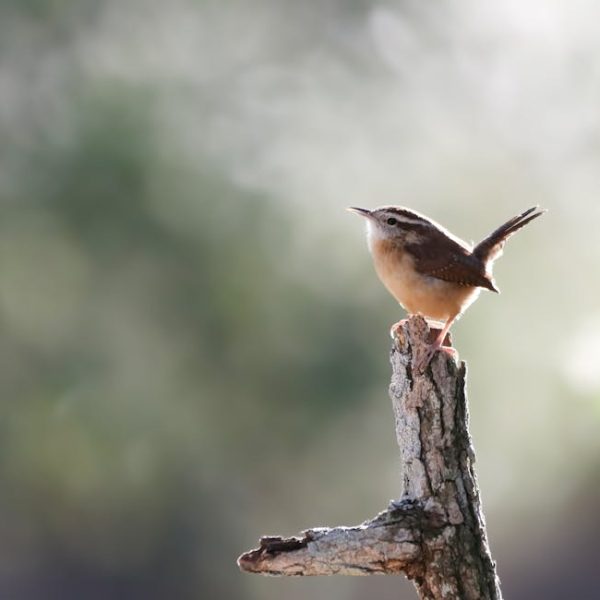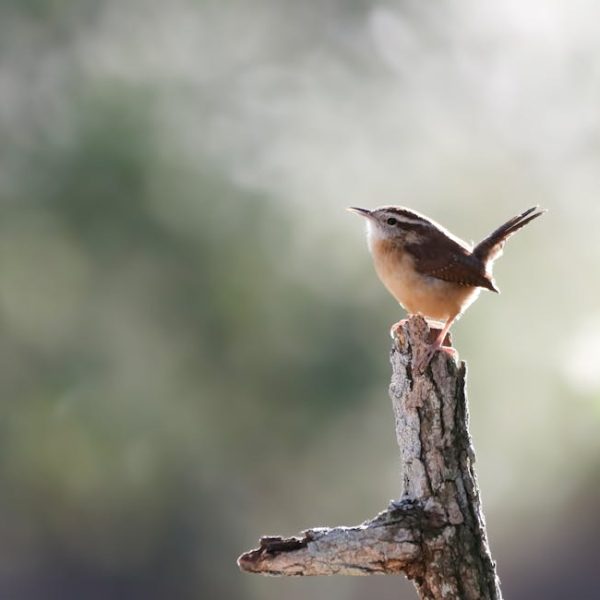Birds may be beautiful for bird watching, but when they start frequenting your porch too often, they can become a nuisance. Thankfully, there are numerous strategies that can be implemented to deter them. In this article, we’ll explore how understanding their behavior, maintaining regular porch cleanliness, investing in deterrents, utilizing natural repellents, and, if necessary, implementing physical barriers can help keep your living space bird-free.
Understanding Bird Behavior to Deter Them
Before we dive into the ways to deter birds, it’s essential to comprehend why they are attracted to porches in the first place. Like any other creatures, birds seek food, water, and shelter – your porch might simply be providing these essentials.
Common visitors may include sparrows, pigeons, crows or starlings – each with their unique behaviors and weaknesses. Some birds, for instance, can be deterred using shiny, reflective objects, while others may respond better to certain sounds. Understanding these dynamic behaviors can be the key to keeping your porch bird-free.
The Role of Regular Porch Cleaning in Bird Deterrence
One of the simplest yet often overlooked ways of deterring birds from your porch is by keeping it clean. Discarded food crumbs, standing water, and potential nesting materials can be an open invitation for them.
- Daily tasks to maintain porch cleanliness could include sweeping for food crumbs, wiping down surfaces, and frequently checking for hidden nests.
Further, remember to keep trash bins sealed – an open, unattended bin is like a buffet for birds.
Investing in Bird Deterrents for Efficient Control
Various bird deterrent products are available in the market, including reflective devices, decoys, and ultrasonic deterrents. Each one has its unique benefits, but it’s essential to find humane solutions.
- We’ll explore the top 5 bird deterrents in the next section, considering both pros and cons to help you make an informed decision.
Utilizing Natural Bird Repellents
Believe it or not, there are many natural bird repellents that could be hiding in your kitchen or garden right now. Certain plants, herbs, spices, and even essential oils can act as effective bird deterrents, as some birds find their smells and tastes unattractive.
These include:
- Lavender
- Leek
- Cayenne pepper
- Citrus peels
- Eucalyptus oil
Properly positioning these natural repellents around your porch can create an invisible and pleasant-smelling barrier against birds.
Implementing Physical Barriers as a Last Resort
If all else fails, physical barriers can be applied to stop birds from entering your porch altogether. Options include bird netting, protective porch covers, meshes, and spikes. While these can be extremely effective, they may detract from the aesthetic appeal of your porch and also have legal and ethical considerations.
Here’s a quick comparison of the options:
| Barrier Type | Pros | Cons |
|---|---|---|
| Meshes | Cost-effective, nearly invisible | May trap small, unsuspecting birds |
| Spikes | Highly effective against large birds | Unsightly, potentially harmful |
| Bird Netting | Non-invasive, cost-effective for large porches | Needs regular maintenance |
| Protective Porch Covers | Not visible from inside, effective against all bird sizes | Blocking sunlight, difficult to install |
In conclusion, maintaining a bird-free porch might require a combination of several techniques. But rest assured, with a bit of understanding towards bird behavior, proper cleanliness, strategic use of deterrents, and natural repellents, you can enjoy a serene and bird-less porch. If necessary, physical barriers could be used as a last resort. Enjoy your peaceful, feathery-friends free space!
Key Takeaway:
- Understanding the reasons behind birds’ attraction to your porch allows you to devise effective deterrent strategies.
- Regularly cleaning your porch and sealing trash bins helps prevent food or nesting opportunities for birds.
- Investing in various bird deterrents and rotating them can provide efficient control.
- Using natural repellents like plants or essential oils is an eco-friendly way to deter birds.
- Implementing physical barriers should be the last resort due to potential ethical issues and legal implications.
Remember, there’s no one-size-fits-all when it comes to deterring birds from your porch. A thoughtful combination of observational understanding, cleaning habits, deterrents, and possibly physical barriers will pave the way to maintaining a bird-free porch. Patience is key here and remember that each step you take is a step closer to a peaceful porch.
FAQs
Q: What are some natural repellents that deter birds?
A: Lavender, leek, cayenne pepper, citrus peels, and eucalyptus oil are a few examples of natural bird repellents. They release scent and taste that many bird species find unattractive.
Q: Can physical barriers harm the birds?
A: Some physical barriers like bird spikes or meshes can potentially harm the birds if they attempt to land or fly into them. Hence, they should be your last resort after trying all other deterrent methods.
Q: How often should I rotate bird deterrents?
A: There’s no fixed timeline, but it would be wise to switch up or rotate the deterrents when you notice birds are no longer affected by the existing one.
Q: What are the legal implications associated with bird deterrents?
A: The legal implications can vary based on local regulations and the species of bird. Always check local regulations before employing deterrent measures that could potentially harm birds or disrupt their habitats.
Q: What are some daily tasks to maintain porch cleanliness?
A: Daily tasks could include sweeping for food crumbs, wiping down surfaces, and regularly inspecting potential nesting places.
Remember to share this article with others who may find it helpful and continue exploring our other posts for more valuable insights!
